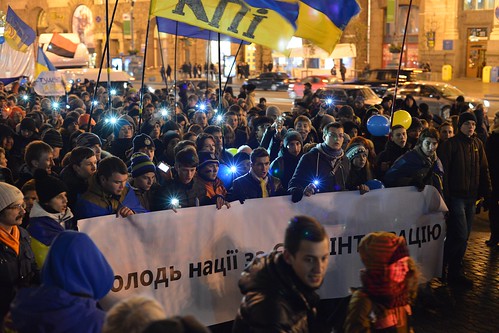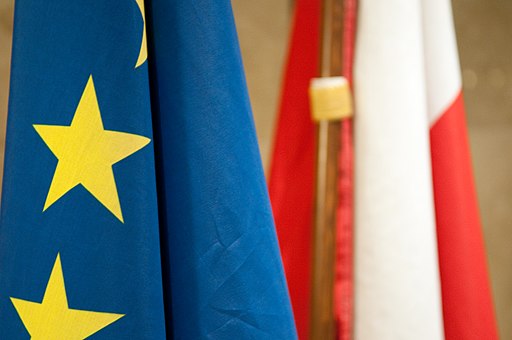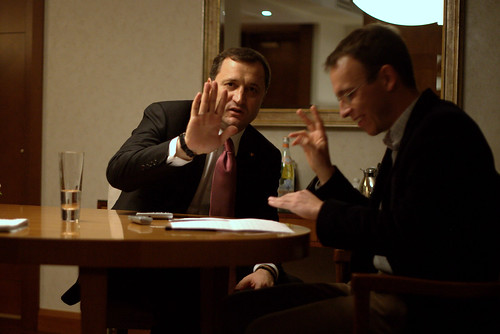Stuck in transition?
By Sean L Hanley, on 20 December 2013

Photo: Photopehota CC BY-NC-SA 2.0
Economic reform in Eastern Europe and the former USSR is stagnating suggests the latest Transition Report from the European Bank for Reconstruction and Development (EBRD). However, as debates at a joint EBRD/UCL-SSEES launch event highlight, the responses needed may not be straightforward, reports Randolph Bruno.
The idea that some countries are Stuck in Transition – to take the title of the EBRD’s 2013 Transition Report – has resonated for some time in the literature. It is now it is time to take stock and ask whether transition is really over – at least for some countries.
The 2013 EBRD Transition report tries to address this by asking two main questions. Firstly, why has convergence slowed? The standard of living of the best performing countries in Eastern Europe is still around 60-70% of the average for rich Western European countries. Secondly, can economic institutions be improved if there are constraints on political reform– a question which could also be asked in a very similar fashion of Western European countries. As far as the first question is concerned, the data clearly shows an end to the productivity catch-up (moving closer to the EU average) observed at the turn of the millennium.
Why should this be the case? One possible answer is stalled political reform. The up-to- EBRD transition indicators in the Report show political reforms plateau-ing and this is worrying. The attitude of the citizens in transition states shifted in 2006-2010, basically dropping the consensus that the market economy is a good mechanism for allocating resources.
Reforms matter
However, the main element is the increase in the so called Total Factor Productivity – productivity derived from the increase in efficiency not accounted by factors of production such capital and labour. In other words, the injection of new capital or new labour has a very limited impact on productivity whereas new technology and innovation play a major role.
The EBRD downgrades of the top reformers’ rankings are concentrated in the EU countries and with the current policy convergence will slow. However, the other side of the coin is that if economic reforms are improved convergence will improve. On this point the EBRD Transition Report is very clear: keep going with reform –or re-start reform- and this can make a substantial difference. Still more worryingly, in some cases (for example in Belarus) reforms have been reversed. (more…)
 Close
Close








